
Progress in psychiatry means confronting our sacred cows and shibboleths.
Dr Di Nicola is a child psychiatrist, family psychotherapist, and philosopher in Montreal, Quebec, Canada, where he is professor of psychiatry & addictology at the University of Montreal. He is also clinical professor of psychiatry & behavioral health at The George Washington University and past president of the World Association of Social Psychiatry (WASP). Dr Di Nicola has received numerous national and international awards, honorary professorships, and fellowships. Of note, Dr Di Nicola was elected a Fellow of the Canadian Academy of Health Sciences (FCAHS), given the Distinguished Service Award of the American Psychiatric Association (APA), and is a Fellow of the American College of Psychiatrists (FACPsych) and Fellow of the Royal Society of Canada (FRSC). His work straddles psychiatry and psychotherapy on one side and philosophy and poetry on the other. Dr Di Nicola’s publications include: A Stranger in the Family: Culture, Families and Therapy (WW Norton, 1997), Letters to a Young Therapist (Atropos Press, 2011), and Psychiatry in Crisis: At the Crossroads of Social Sciences, the Humanities, and Neuroscience (with D. Stoyanov; Springer Nature, 2021).

Progress in psychiatry means confronting our sacred cows and shibboleths.
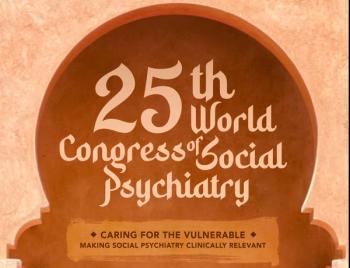
Explore the evolution of social psychiatry, highlighting key achievements and future directions from the World Association of Social Psychiatry's 60th anniversary.

Explore the vital connection between spirituality and mental health.


Socrates’ suicide as an affirmative choice.
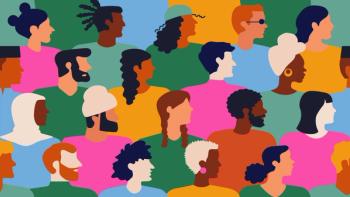
"Two ways of talking and living in the world.”

America is in the world, the world is in America.

Vincenzo Di Nicola discusses the importance of pluralism in social psychiatry and the need for culturally relevant psychotherapy at the 2025 APA Annual Meeting.
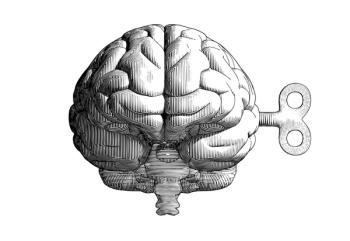
On the border between philosophy and psychiatry.

“Call no man happy before he is dead.”
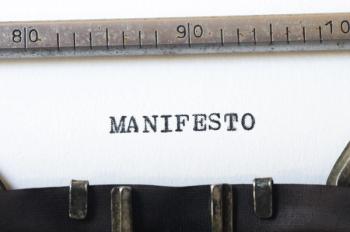
Breaking with the past—a history of the manifesto.

Truth is a collective verdict in the slow cooker of time, not an individual alloy smelted in the crucible of the moment.

A social psychiatrist who stays on the ethical way.
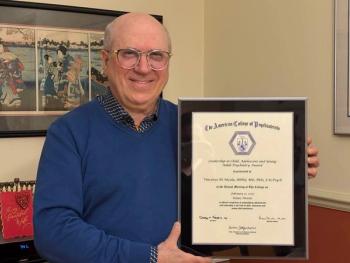
Vincenzo Di Nicola has won the Award for Leadership in Child, Adolescent, and Young Adult Psychiatry. Learn more about his thoughts on trauma, leadership, and issues in child and adolescent psychiatry.
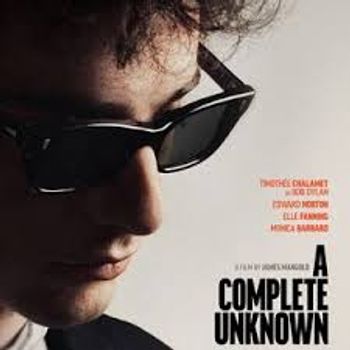
“Poets don’t have biographies. The work is their biography.”


Festina lente—hurry up and slow down!
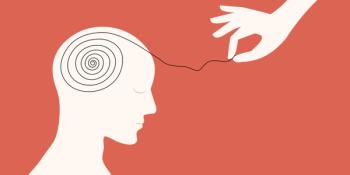
Going deep by staying shallow.

“Only the shallow know themselves.”
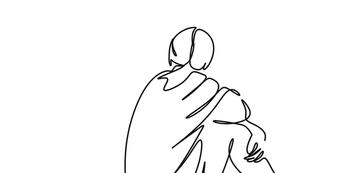
The relational self is at once both social and intimate.

The relational dialogue is to relational therapy what free association is to psychoanalysis.
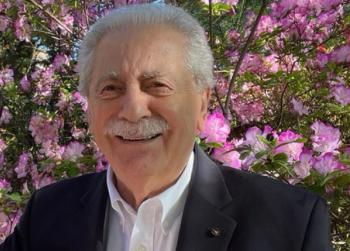
“Life is a pure flame, and we live by an invisible Sun within us.”

Our chosen image of what and who we are in this world.
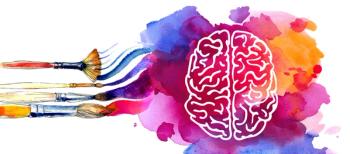

A therapist asks a question that makes me glimpse the eternal.
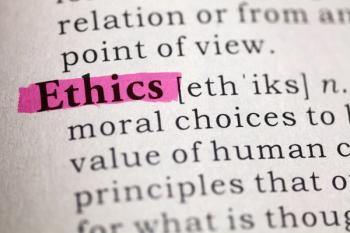
Ethics as first therapy.

Finding social truth in poetic metaphors.
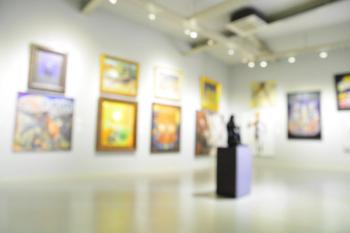

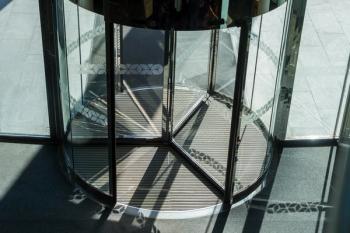
Hopes and failures of community psychiatry.
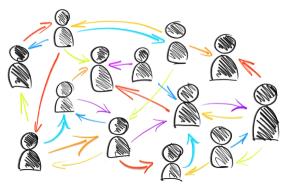
Published: May 22nd 2024 | Updated:
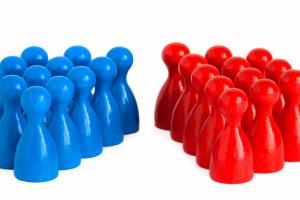
Published: April 10th 2024 | Updated:
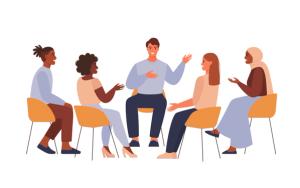
Published: March 20th 2024 | Updated:

Published: April 3rd 2024 | Updated:

Published: May 1st 2024 | Updated:

Published: May 15th 2024 | Updated: